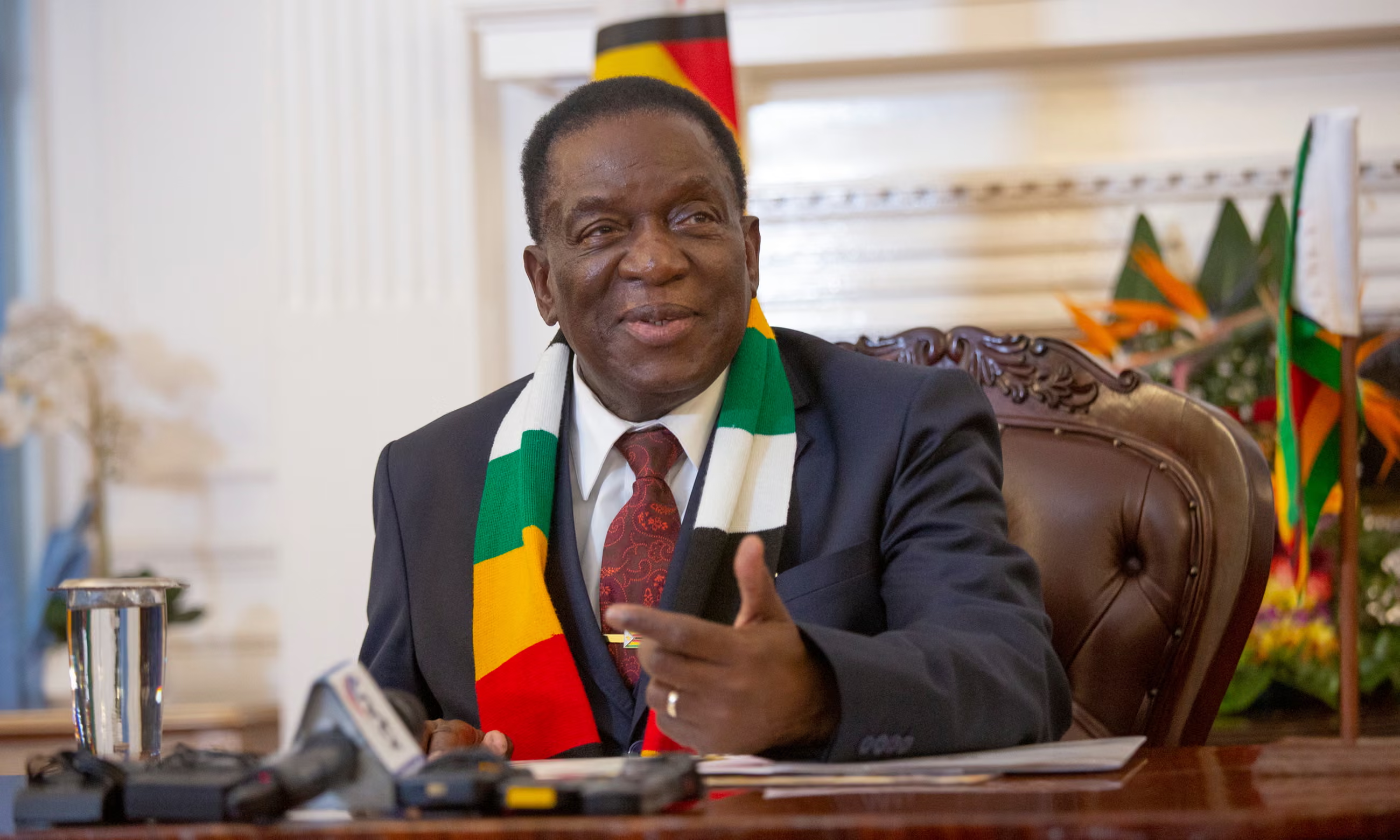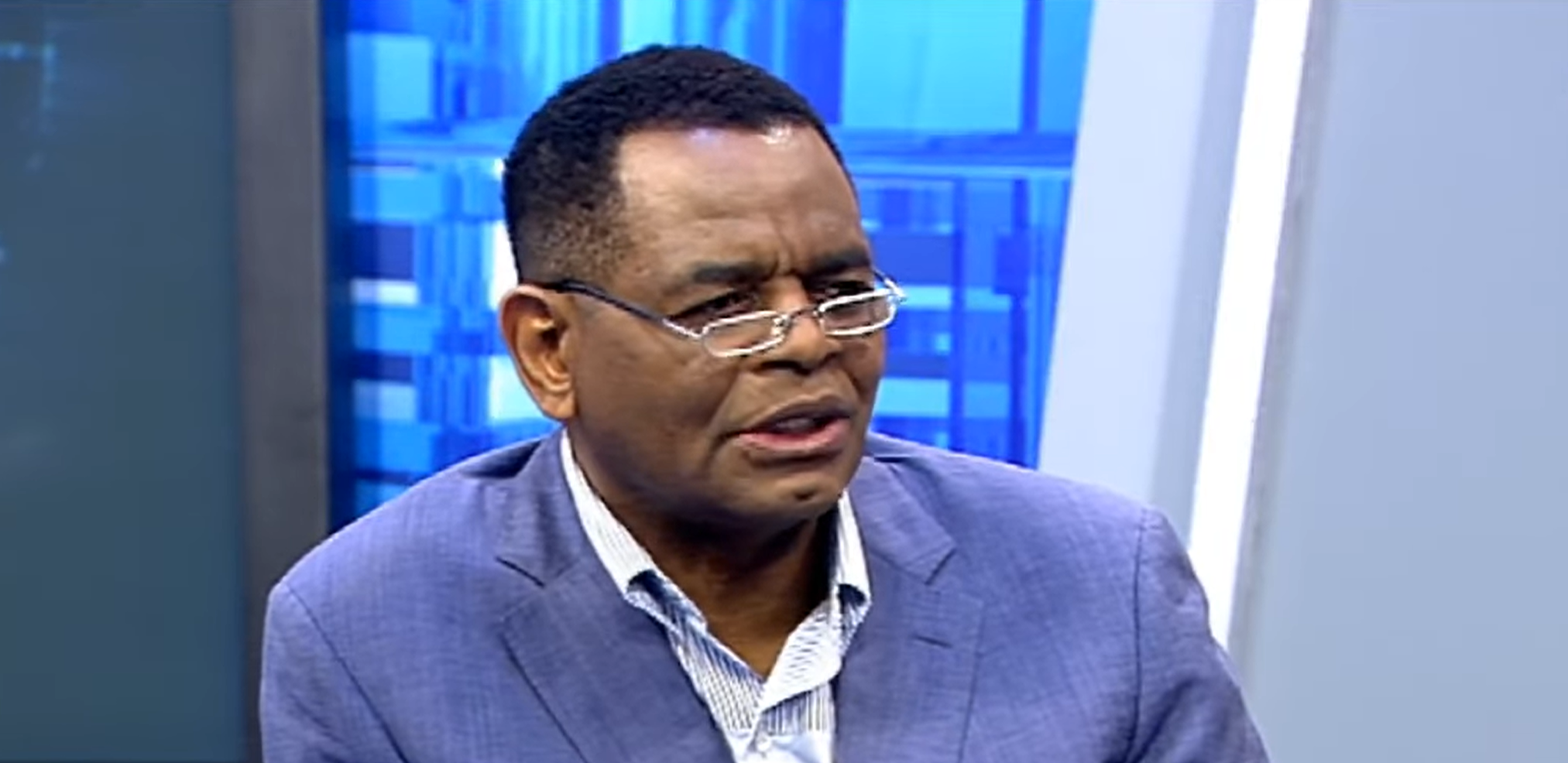
THE majority of Zimbabweans are disillusioned with President Emmerson Mnangagwa’s administration and prefer a National Transitional Authority (NTA) to move the country forward.
Mnangagwa is currently serving his second and last term, according to the country’s constitution.
The president, who came to power following the removal of his late predecessor Robert Mugabe in 2017, has indicated plans to step aside when his term expires in 2028.
A group of eminent Zimbabweans are recommending an NTA to address the country’s multi-faceted challenges.
The NTA initiative has been informed by national dialogues involving the church, civil society, business and indeed the unions.
The NTA steering committee recently launched a survey to gather citizens' views on the governance structure they desired.
“The findings reveal overwhelming demand for political renewal, a clear preference for a time-bound transitional arrangement, and a roadmap for stabilisation, reform, and democratic reset,” the survey report reads in part.
“Over nine in 10 respondents hold a negative view of the current trajectory, providing a strong political and moral mandate for an NTA.”
- Mr President, you missed the opportunity to be the veritable voice of conscience
- ED to commission new-look border post
- Zanu PF ready for congress
- EU slams Zim over delayed reforms
Keep Reading
According to the survey, 75% of the respondents have a very negative view of where the country is moving forward.
At least 16,7% were said to be somewhat negative while 6,2% were noted as neutral and only 2,1% very positive.
The majority of the respondents at 41,7% preferred a three to five year term for the NTA while only 2,1% desired a period under one year.
“Public opinion is decisively tilted towards recognising the urgent need for political transition,” the report read.
“The dominant preference for a three to five year term underscores the desire for sufficient time to implement meaningful reforms without creating a parallel government-in-perpetuity.”
Respondents said an NTA can be achieved through a negotiated political settlement passed into law with a focus on electoral reform, rule of law restoration, economic stabilisation, and preparations for free and fair elections.
“The evidence is unambiguous: Zimbabweans demand a new direction,” the survey read.
“The NTA is not an abstract concept-it is a practical, time-bound pathway to restore trust, stabilise governance, and deliver credible elections.”
The report said achieving an NTA will require coordinated civic mobilisation, sustained advocacy, and broad-based pressure on political actors to commit to a structured, accountable, and inclusive transition.
“This is the moment to unite voices, demand a clear roadmap, and ensure that Zimbabwe's next chapter is built on integrity, participation, and hope,” the report read.
In a preamble titled: A Vision for a New Zimbabwe: Call for An All-Stakeholders National Conference, the brains behind the NTA initiative said a series of Sapes Trust Policy Dialogues have injected new purpose to the Platform for Concerned Citizens (PCC).
The preamble states that a PCC has constituted a national steering committee to play a role in giving birth to an all-stakeholders national conference with the objective of a political settlement and NTA.
Members of the steering committee includes academic Ibbo Mandaza, Janah Ncube, Karen Mukwasi, Joy Mabenge and Tendai Kaka Pfepferere, Church Representative, unionist Obert Masaraure, Keneddy Mutepfa, academic and researcher Tony Reeler and Trevor Ncube.
Recently, surviving members of the Zimbabwe People’s Army (Zipa) high command rallied Zimbabweans to support growing calls for an NTA.
In a document titled: Zipa statement on the way forward for Zimbabwe, the ex-combatants said Zimbabwe has no future under Zanu PF and the current opposition which it described as ruling party proxies.










